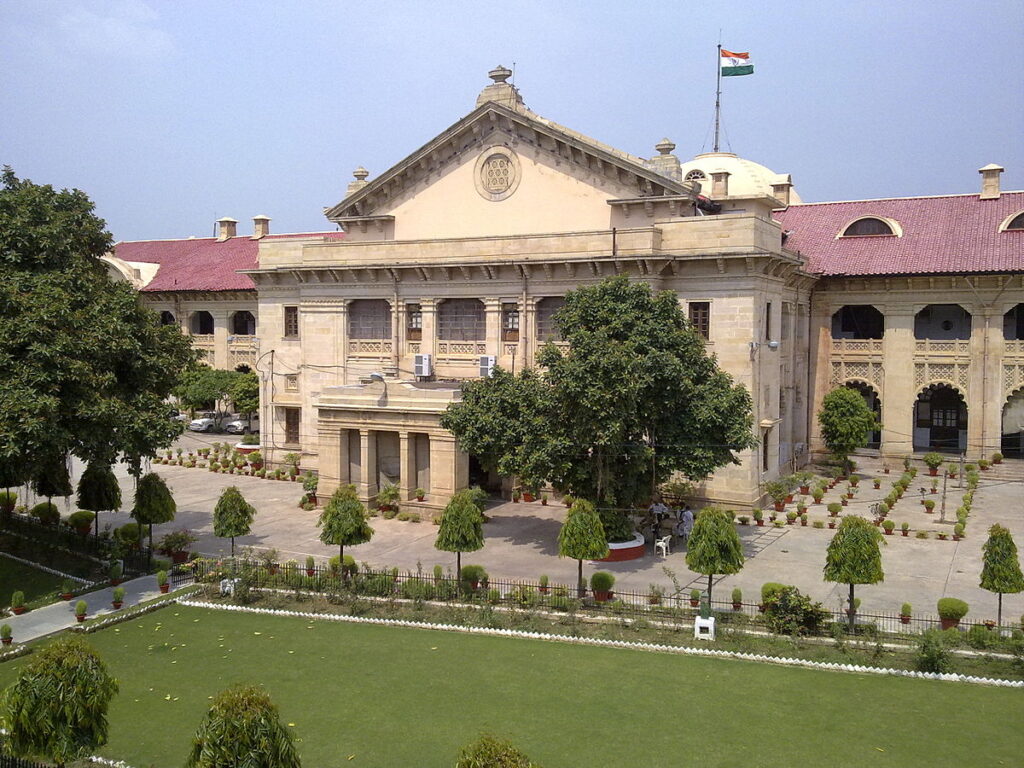The Allahabad High Court has ruled that the obligation of a non-signatory to an arbitration agreement should be determined by the arbitral tribunal, not by the referral court.

The Allahabad High Court emphasized that the question of whether someone who did not sign an agreement can still be bound by it should be determined by the tribunal, and the referral court should not get involved in this matter. The court was reviewing an application under Section 11(4) of the Arbitration & Conciliation Act, which allows the court to form an Arbitral Tribunal for disputes related to partnership agreements. Justice Manoj Kumar Gupta noted, “The Constitution Bench in Cox and Kings Ltd. looked into whether a non-signatory can be held to the agreement. It was concluded that this issue may need factual evidence and should typically be left for the tribunal to decide. At the referral stage, the court should not address this issue.”
The Petitioner was represented by Advocate Prabhav Srivastava, while Advocate Abhay Kumar Singh represented the Respondent. One of the main arguments against forming the arbitral tribunal was that the arbitration clauses in earlier agreements do not apply to the third opposing party since he did not sign those agreements. The Petitioner’s Counsel argued that whether the third opposing party was a signatory and agreed to the arbitration clause should be decided by the arbitral tribunal, as stated by the Supreme Court in Cox & Kings Ltd. v. SAP India Pvt. Ltd. and in Arbitration Petition No. 38 of 2020 decided on September 9, 2024.
He supported his argument by referencing the Supreme Court’s decision in All India Power Engineer Federation v. Sasan Power Ltd. The Court noted that the memorandum of understanding signed by the parties, including opposite party No. 3, mentions the original partnership deed and its amendments. It suggests that the later deeds were created to document changes in the firm’s structure, while the firm name and other legal responsibilities that were not specifically changed by these deeds remained the same. The Court stated, “All parties, except opposite party No. 3, signed the previous agreement dated March 2, 2020. Although opposite party No. 3 did not sign this agreement, they seemed to agree to its terms as long as they were not changed by the supplementary partnership deed dated February 20, 2021.”
The Court concurred with the Petitioner’s Counsel that this matter should typically be left for the Tribunal to resolve, rather than being decided by the referral court. “In line with the law established in the Constitution Bench judgment in Cox and Kings Ltd. (supra), the Supreme Court, while handling Arbitration Petition No. 38 of 2020, formed the arbitral tribunal but allowed the parties to bring this issue before it. Therefore, I believe that this matter, which requires evaluating evidence, should be entrusted to the arbitral tribunal to decide according to the law,” the Court stated.
Clause Title: Ram Taulan Yadav And Another vs Himanshu Kesarwani And 2 Others (2024:AHC:178270)
Appearances:
Petitioner: Advocate Prabhav Srivastava, Advocate Rishabh Srivastava, Advocate Ujjawal Satsangi Respondent: Advocate Abhay Kumar Singh








